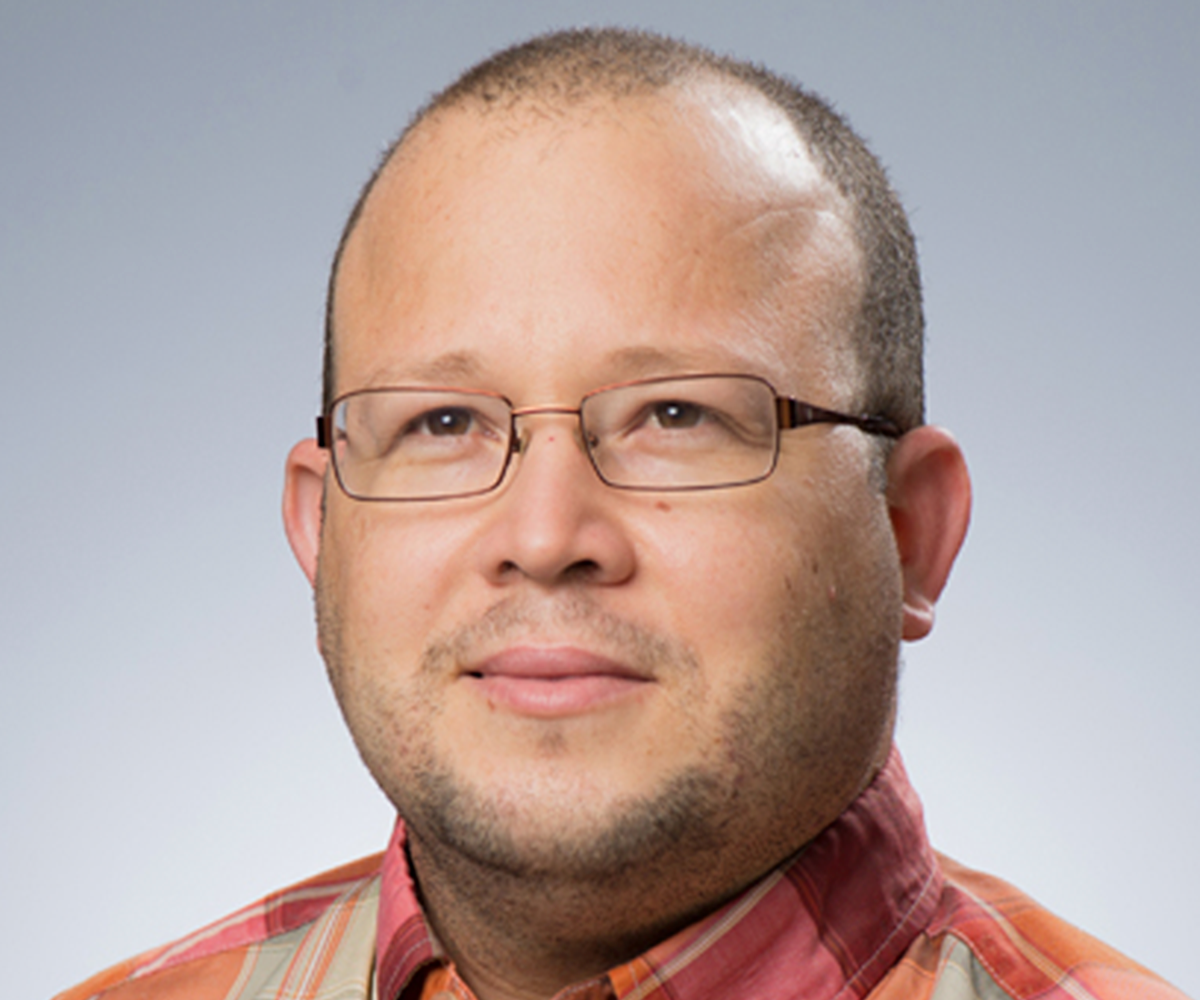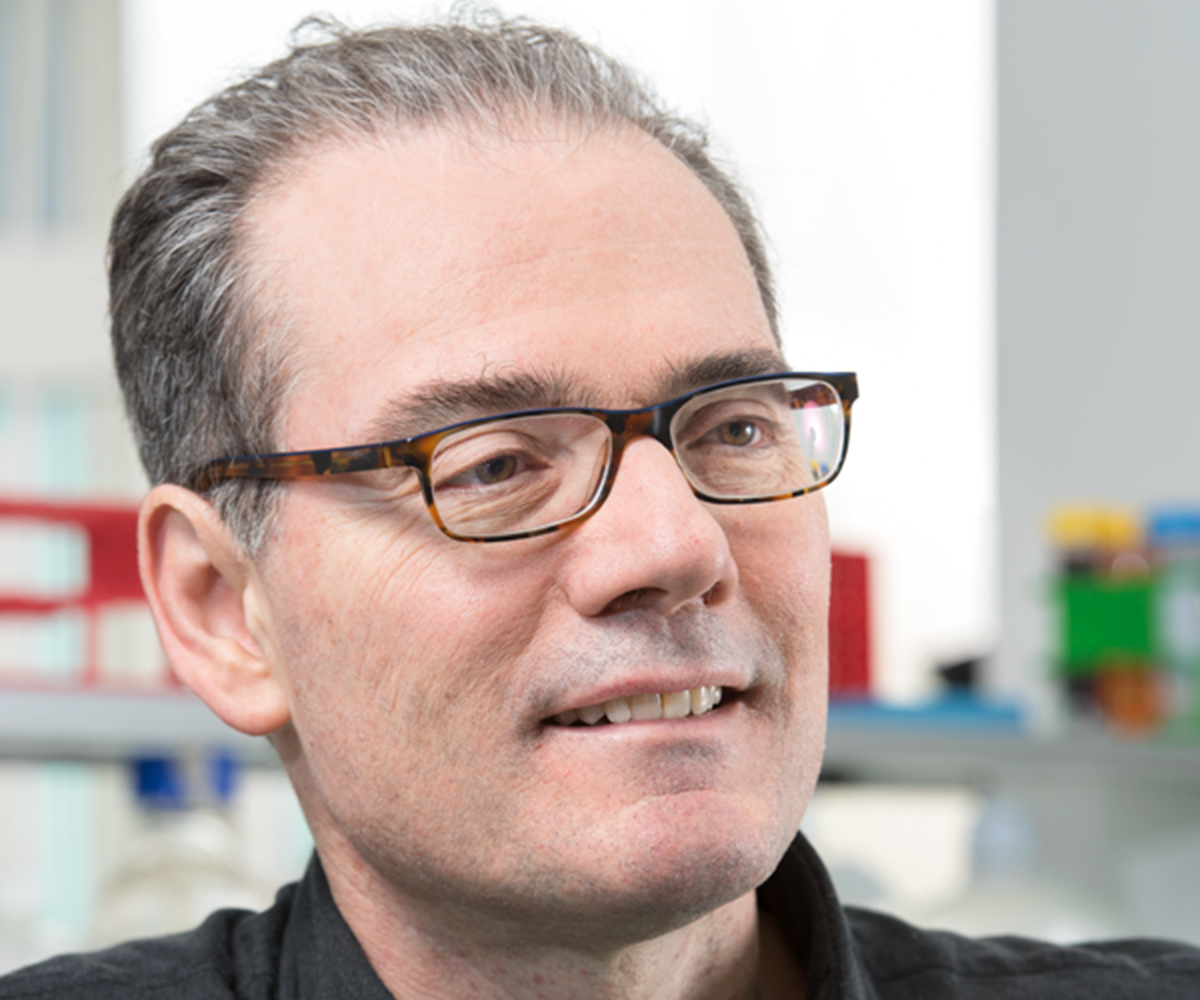


Under conditions of chronic antigen stimulation, cytotoxic T cells that infiltrate tumors tend to enter a well defined dysfunctional state known as “exhaustion,” a typically inescapable fate that has posed a major challenge to the success of many types of immunotherapies. Researchers led by Ludwig Lausanne’s Jesus Corria-Osorio and Director George Coukos hypothesized that CD8+ T cells could be orthogonally engineered—that is, with cytokines that activate distinct but complementary functional immune axes—to avoid this fate. In an April Nature Immunology paper, they described their engineering of CD8+ T cells to secrete an interleukin (IL)-2 variant that binds the IL-2Rβγ receptor and the alarmin IL-33. The IL-2 variant, they hypothesized, would promote stem-like traits in the CD8+ T cells, while IL-33 would boost the ability of dendritic cells to prime the CD8+ T cells and further support their stemness. When adoptively transferred into mice, these engineered T cells acquired a novel, synthetic effector state that deviates from canonical exhaustion and displayed superior effector function, resistance to exhaustion and high levels of tumor engraftment without need for cytokine stimulation or other supporting measures. The engineered cells induced regressions in mouse models of tumors that typically elude T cell targeting.
Another Ludwig Lausanne study, this one led by Melita Irving and George Coukos, reported in an April paper in Nature Biomedical Engineering the design, production and use of a lentiviral vector that enables the delivery of a variety of genes to human T cells to help them overcome barriers to T cell function in the tumor microenvironment. The vector, which encodes a constantly expressed receptor for a cancer antigen and a promoter that drives gene expression only after the T cell is activated, can be produced in accordance with good manufacturing practices. Melita, George and their colleagues, including Patrick Reichenbach and Greta Giordano Attianese, demonstrated its use by delivering a gene for interleukin-2 and a microRNA-based short hairpin RNA for the knockdown of the gene coding for hematopoietic progenitor kinase 1, a suppressor of T-cell-receptor signaling. They also showed that genes driven by the activation-dependent promoter are only expressed by T cells activated by contact with their target antigen in tumors.
Orthogonal cytokine engineering enables novel synthetic effector states escaping canonical exhaustion in tumor-rejecting CD8+ T cells
Nature Immunology, 2023 April 20
A lentiviral vector for the production of T cells with an inducible transgene and a constitutively expressed tumour-targeting receptor
Nature Biomedical Engineering, 2023 April 17